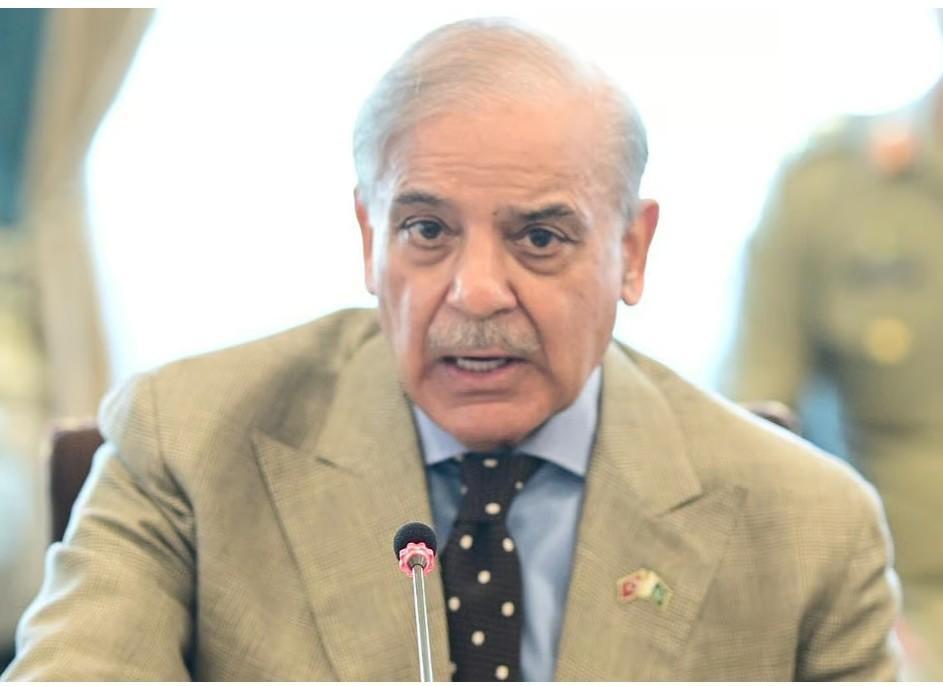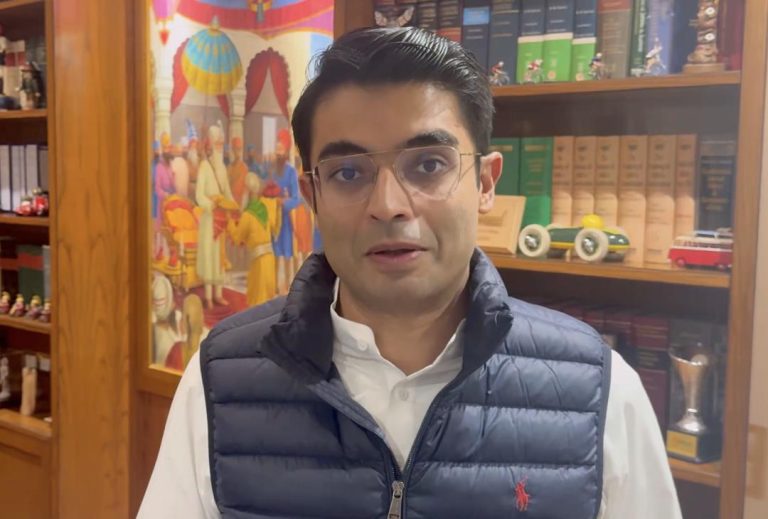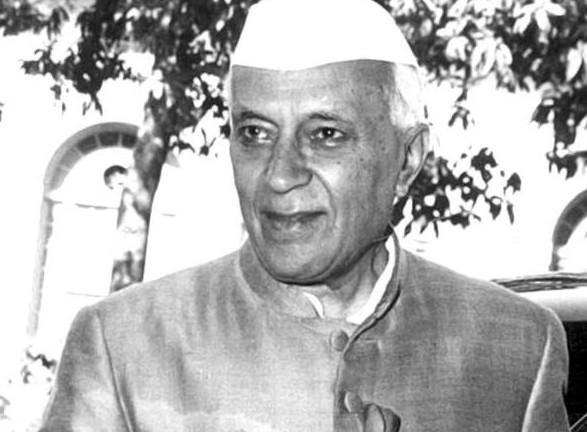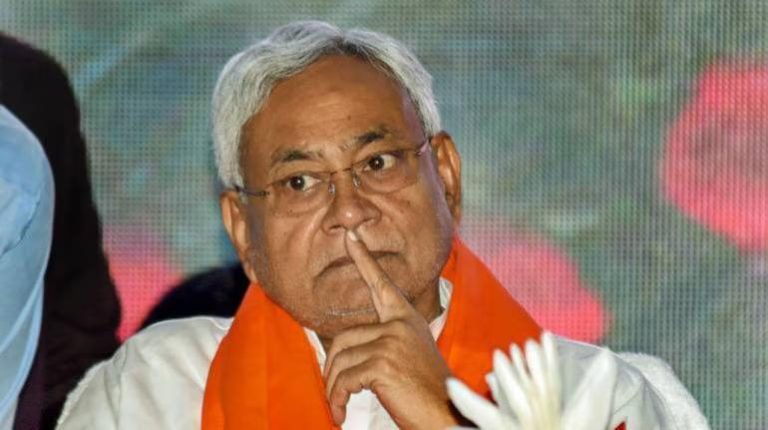
Pak Wanted to Chair 4 Terror-Linked Committees at UN, Got Only 1
Pakistan’s ambitions to dominate the United Nations Security Council (UNSC) have been thwarted once again. The country had demanded to chair four terror-related committees, but was only able to secure one, the 1988 Taliban Sanctions Committee. This development has sent shockwaves across the international community, with many wondering what prompted Pakistan’s unreasonable demands.
According to reports, Pakistan had sought to chair the 1267 Sanctions Committee, which deals with Al-Qaeda, the 1540 (Non-Proliferation) Sanctions Committee, which focuses on nuclear proliferation, and the 1373 Counter Terrorism Committee, which works to prevent terrorism. However, UNSC members were reportedly unhappy with Pakistan’s attitude and refused to back its demands.
So, what led Pakistan to make such bold claims? The answer lies in its history of supporting and harboring terrorist organizations, including the Taliban and other groups. Pakistan has long been accused of providing safe haven to these groups, allowing them to plan and launch attacks on neighboring countries and the international community.
In recent years, Pakistan has faced increased pressure from the international community to crack down on these groups and dismantle their infrastructure. However, the country has been slow to take action, and its failure to do so has led to a deterioration in its relations with neighboring countries and the global community.
Pakistan’s attempts to chair the UNSC committees were seen as a power play, an attempt to exert influence over the international community and avoid accountability for its actions. However, UNSC members were not fooled, and Pakistan’s demands were met with resistance.
The 1988 Taliban Sanctions Committee is a relatively minor committee compared to the others Pakistan had sought to chair. However, it still holds significant importance, as it is responsible for implementing sanctions against individuals and entities linked to the Taliban and other terrorist organizations.
Pakistan’s failure to secure the other committees is a significant blow to its prestige and influence on the global stage. It is a clear indication that the international community is no longer willing to give Pakistan a free pass, and that its actions will be closely scrutinized and held accountable.
India, in particular, has been a vocal critic of Pakistan’s actions, and has long demanded that the country take concrete steps to dismantle its terrorist infrastructure. India’s ambassador to the United Nations, T.S. Tirumurti, has been a key player in efforts to hold Pakistan accountable, and has worked closely with other UNSC members to ensure that the country’s demands are met with resistance.
In recent years, India has also been working to strengthen its own position within the UNSC, and has been actively seeking to build alliances with other countries to counter Pakistan’s influence. This includes efforts to strengthen ties with countries such as the United States, the United Kingdom, and France, which have all been critical of Pakistan’s actions.
As the international community continues to grapple with the threat of terrorism, Pakistan’s failure to secure the UNSC committees is a significant development. It is a clear indication that the country’s actions will be closely scrutinized, and that its influence on the global stage will be limited.
In conclusion, Pakistan’s attempts to chair four terror-related committees at the UN Security Council have been met with resistance, and the country has been forced to settle for chairing only one, the 1988 Taliban Sanctions Committee. This development is a significant blow to Pakistan’s prestige and influence on the global stage, and is a clear indication that the international community is no longer willing to give the country a free pass.
Pakistan’s failure to secure the other committees is a result of its history of supporting and harboring terrorist organizations, and its refusal to take concrete steps to dismantle its terrorist infrastructure. India, in particular, has been a vocal critic of Pakistan’s actions, and has worked closely with other UNSC members to ensure that the country’s demands are met with resistance.
As the international community continues to grapple with the threat of terrorism, Pakistan’s failure to secure the UNSC committees is a significant development. It is a clear indication that the country’s actions will be closely scrutinized, and that its influence on the global stage will be limited.






